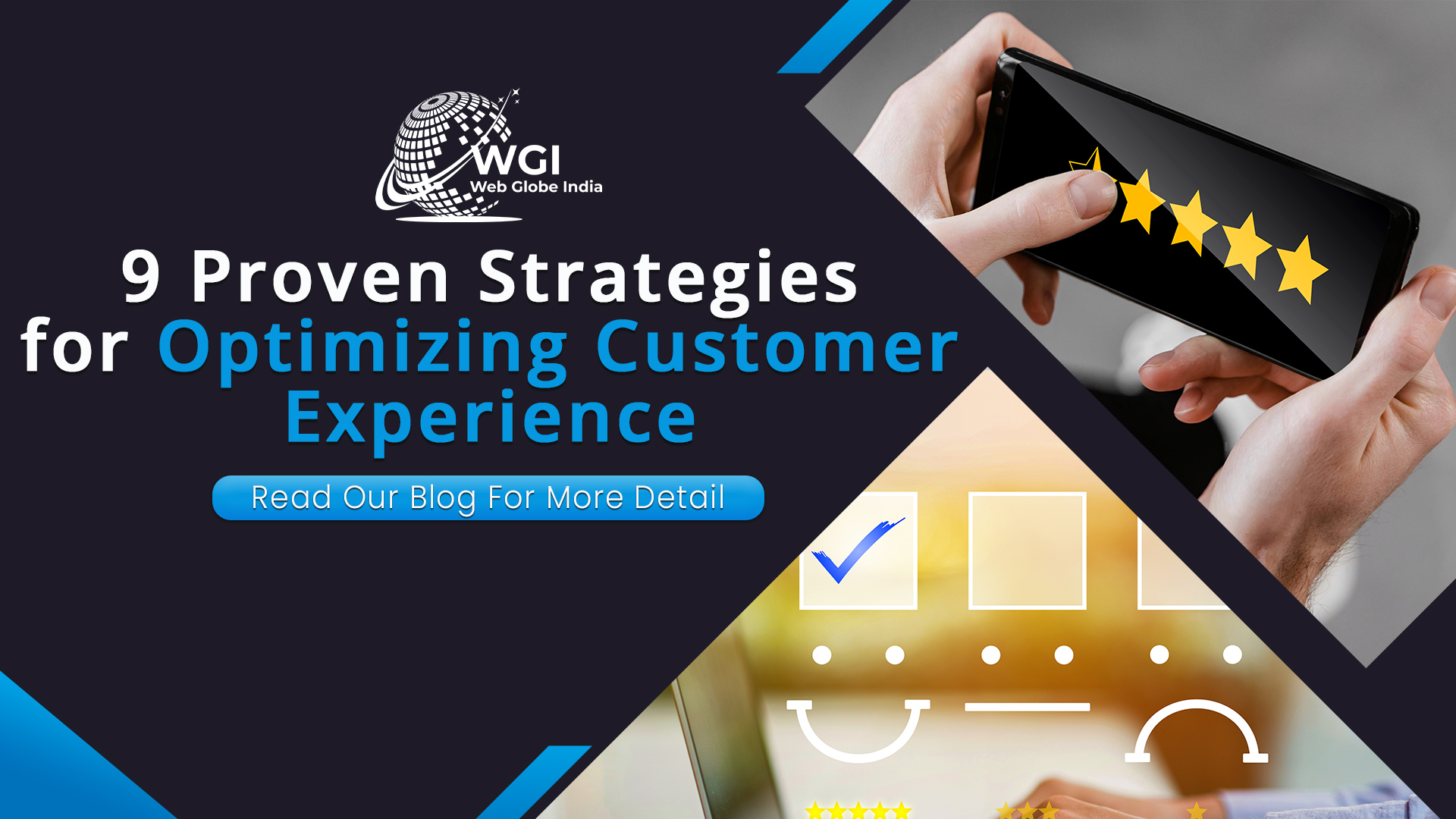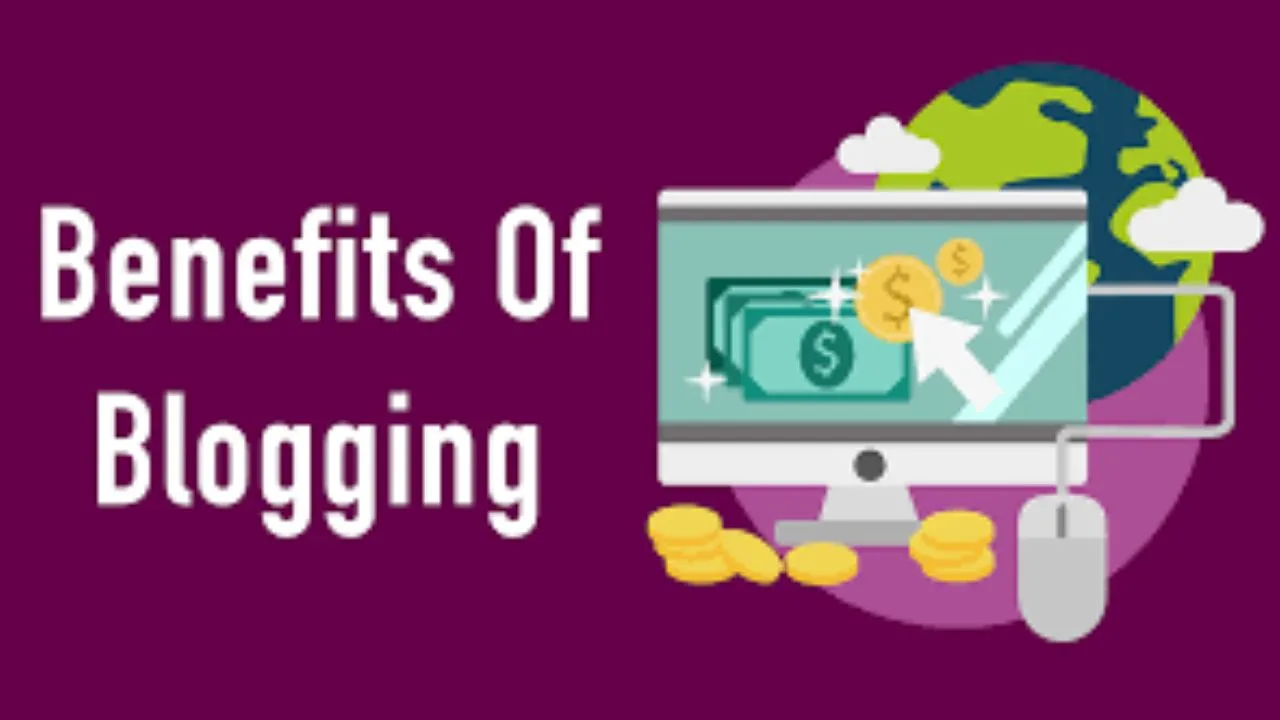In the ever-evolving landscape of digital marketing, staying ahead of the curve is essential for success. Over the past few years, one technology has emerged as a game-changer in the field: Artificial Intelligence (AI). AI has transformed the way businesses approach digital marketing, offering unprecedented insights, personalization, and efficiency. In this blog, we’ll explore the profound impacts of artificial intelligence on digital marketing and how it’s reshaping the industry.
Enhanced Data Analysis and Insights
One of the most significant contributions of AI to digital marketing is its ability to analyze vast amounts of data with lightning speed and accuracy. This enables marketers to gain deep insights into consumer behavior, preferences, and trends. With AI-powered analytics tools, businesses can track customer journeys, monitor engagement metrics, and make data-driven decisions like never before. This data-driven approach allows for more effective and efficient marketing strategies.
Hyper-Personalization
AI enables marketers to create highly personalized experiences for their customers. By leveraging machine learning algorithms, businesses can analyze customer data to understand individual preferences and tailor content and offers accordingly. This not only improves customer satisfaction but also increases conversion rates. Personalization creates a sense of connection and relevance that can significantly boost brand loyalty and customer retention.
Chatbots and Customer Service
AI-powered chatbots have become an integral part of customer service in the digital marketing world. These intelligent bots are available 24/7 to provide instant responses to customer inquiries and support requests. They can handle routine tasks, answer frequently asked questions, and even simulate human-like conversations. By automating customer service, businesses can free up human resources for more complex tasks while improving the overall customer experience.
Content Generation and Curation
Content marketing is at the core of digital marketing strategies, and AI is making significant strides in this area. AI tools can generate content, such as product descriptions, blog posts, and social media updates, with remarkable speed and quality. Additionally, AI can curate content by identifying and recommending relevant articles, videos, and other media to share with the audience. This streamlines content creation processes and ensures that content remains fresh and engaging.
Predictive Analytics
Predictive analytics powered by AI can forecast future trends and customer behaviors based on historical data. Marketers can use these insights to plan their campaigns effectively and allocate resources where they will have the most impact. This proactive approach can prevent wasted marketing budgets and optimize ROI.
Optimized Advertising Campaigns
AI has revolutionized digital advertising by enabling real-time ad optimization. Ad platforms use AI algorithms to analyze user behavior and adjust ad placements, targeting, and bidding strategies accordingly. This ensures that ads reach the right audience at the right time, maximizing the chances of conversion while minimizing costs.
Improved SEO Strategies
Search engine optimization (SEO) is crucial for online visibility. AI tools can analyze search engine algorithms and user search patterns to identify the most effective SEO strategies. This includes optimizing keywords, meta tags, and content structure for better search engine rankings.
Conclusion
Artificial intelligence has ushered in a new era of possibilities for digital marketing. From data analysis to personalization, chatbots to content generation, and predictive analytics to optimized advertising, AI is transforming how businesses connect with their audiences and drive results. Embracing AI in digital marketing is no longer an option but a necessity for staying competitive in the fast-paced online landscape. As AI continues to evolve, its impacts on digital marketing are likely to become even more profound, creating exciting opportunities for businesses willing to adapt and innovate.







